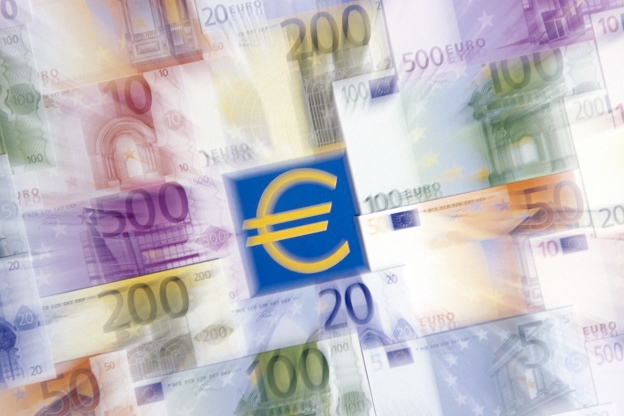
Key takeaways from the European Treasury Peer Group 2020 H2 meeting sponsored by Standard Chartered.
By Joseph Neu
Agile businesses with centralized support functions. Covid-19 and the need for business pivots have, at some companies, sparked calls for the pendulum to swing back toward decentralized business authority to promote agility and swift decision-making.
- Treasury in turn is asking how best to support decentralized business accountability with the efficiencies and controls of a centralized corporate support function. It’s a perennial challenge. But now there is empowering access to data, new cloud-based technology and digital platforms to transcend distributed business structures.
- Treasurers should therefore be able to maintain the corporate perspective on risk, cost of funding and liquidity access at scale, to better support business decisions. Globally-connected technology will allow scale to be achieved across far-flung nodes of agile businesses that are likely to deploy similarly cloud-based digital tools.
- These ensure that data flows to the center, while also parsing out the impact of decisions along the edges that can be mitigated independently by the centralized support functions.
- And speaking of functions at the center, now is also an opportune time to rethink the nimbleness and distribution of corporate support functions and transcend legacy thinking about what’s treasury, what’s shared services, AP, credit and collections and look at processes that support the businesses end to end.
ESG derivatives to hedge ESG-linked finance. If ESG sustainability-linked finance is the new megatrend, with Europe ahead in the game, then it’s time to think about ESG derivatives, both to manage use of proceeds financing and sustainability- or performance-linked financing. Standard Chartered shared examples of:
- FX forwards to hedge export pricing in Asia where the FX rate is discounted if targets in support of sustainable development goals are met.
- Interest rate swaps where the credit spread is linked to the company’s performance against sustainability targets, measured by Sustainalytics.
- Green cross-currency basis swaps where the payments of either party rise if they do not make good on green initiatives.
Britain has no way out. Almost four and a half years after the referendum, we are still talking about Brexit with just a bit better than a 50 percent chance of a deal in the near term. Perhaps there is no way out of the EU. Members report building up inventory and pulling out excess cash from UK header bank accounts in preparation for the worst, but Britain seems to have gotten lost on the way out and may just end up getting back on the train.


